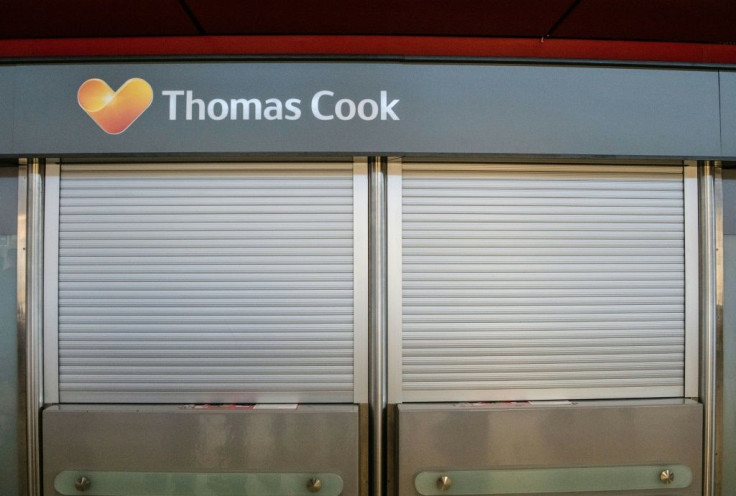Internet Rained On Vacation Of Big Travel Firms

Booking a vacation used to mean selecting a package holiday from the catalogue of a big tour operator, but with the advent of the internet consumers now have more options, a luxury that big travel operators have had difficulty adapting to as the collapse of Thomas Cook shows.
A departure in the middle of the week, leaving from one airport and returning to another, extending a business trip into a mini-vacation, these are now common practices thanks to being able to book airline tickets online and apps that offer a plethora of lodging options like Airbnb and Booking.com.
The emergence of these firms means that consumers can, and are, bypassing travel agents and tour operators.
"The younger generation are organising their travel for themselves more and more and the people who travel in a more classical way are also searching for a more personalised experience," said Jean-Pierre Mas, head of the trade association for French travel agencies.
"We need to offer some flexibility," he added.
Some industry giants like Thomas Cook couldn't adjust to the "shift towards a tourism more about identity and affinity," said Didier Arino, head of the Protourisme consultancy.
The travel agencies that are still in the game understood the need to specialise, he added.
"Thomas Cook failed because it didn't move with the times," said Markets.com analyst Neil Wilson, citing its inability to embrace the web.
"The real structural problem for them -- and this is probably the biggest management failure -- is the fact that since the early days it didn't foresee that the internet was going to be such a strong and dominant force and it didnt invest enough in that," said investment research analyst Helal Miah at The Share Centre.
"It still had a huge high street portfolio which is very costly and it's seen other players leap in front in the online market and take market share."
'Obsolete model'
Market players are now keeping a close eye on another giant in the sector, TUI, which is also facing difficulties, in particular due the fact that its fleet of Boeing 737 MAX aircraft has been grounded.
Investors piled into TUI's shares on Monday however as the collapse of a rival was seen as a boost to the chances of remaining firms.
But the big firms "have an obsolete model of vertical integration that is very heavy and which doesn't respond to today's need to be agile," said Mas.
The ability to react quickly and adapt has been very important in recent years as unforeseen developments have prompted consumers to rapidly shift destinations.
"When the Arab Spring took place in Tunisia one had to react in a week and orient clients towards other destinations, find hotels," said Mas.
But when you have to manage massive numbers of travellers that is a harder trick to pull off.
Under pressure
"The tourism sector suffered different crises that weakened operators," said consultant Arino.
Beyond the economic crisis a decade ago which dented demand for travel, health scares and political events prompted swings between destinations.
"The sector has come under many pressures associated with very slim profit margins for each travel product sold," said travel and tourism expert Neil Robinson at the University of Salford Business School, adding there may also be "too many players in an already saturated market."
With its extensive network of travel agencies Thomas Cook had higher costs than online rivals who had less overheads and staff costs.
"Competition has been operating at a time when the european economy has been a bit slow," said Russ Mould, analyst at stockbroker AJ Bell.
And in the case of Thomas Cook, Brexit also played a role.
Uncertainty about when Britain will exit the European Union and on what terms has encouraged some British nationals to put off travel, while the weaker pound has made foreign travel more expensive.
© Copyright AFP 2024. All rights reserved.





















